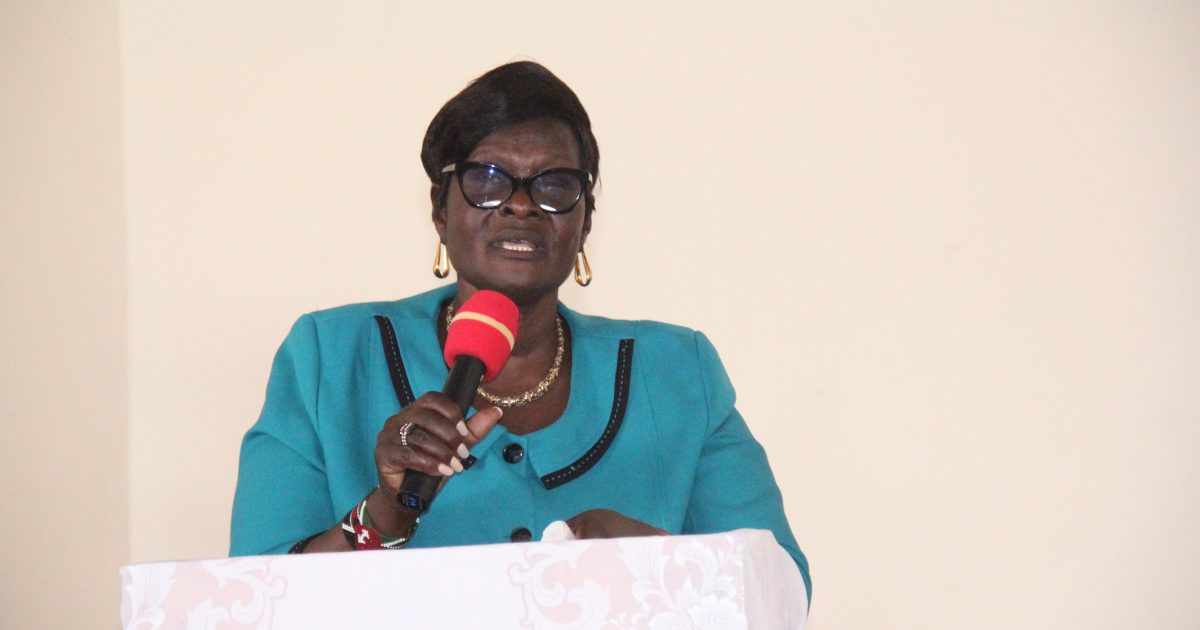Technical Vocational Education and Training institutes (TVETs) have been urged to invest in projects that would help them raise revenues for their sustainability rather than depending on the government capitation.
Speaking at Alupe University during the dissemination of the TVET institution quality audit report for the year 2022/23 for Western Kenya, TVET Authority (TVETA) Director General (DG) Dr. Kipkirui Langat noted that 30% of the country’s budget normally goes to the education sector.
“Part of this money is given to TVETs for improvement of infrastructure, capitation and scholarship to students,” said Dr. Kipkirui, adding that the initiative has led to increased enrolment in the sector.
The DG argued that there was a need for stakeholders to think of other means of sustainability because they could not continue to rely on the exchequer to be able to support the growth within the sector.
“This is because it will reach a limit that the government will not be able to support it,” he said, adding that TVETA leadership wa in talks with other development partners and industries to try to find out how some of these institutions, can generate resources and revenue through producing goods and services to members of the public,” he said.
The DG further noted that institutions that have done away with school uniforms have recorded increased enrolment, since adult learners have also been attracted.
The chairperson of TVET Authority Board Prof. Florence Indede stated that it was the role of the Authority to ensure that all the institutions meet the set standards.
Indede stated that her team had generated an inspection report from 400 TVET institutions drawn from 29 counties.
“We will advise the Ministry of Education according to what stakeholders have told during these public participations to chart the way forward,” he said.
However, the Chairperson warned that those institutions that were operating below the set standards risked being closed down.
“From our audit, we have found that most of the institutions have done well,” she said, adding that a few are still operating below the set standards like offering courses without the requisite relevant training equipment.
Vihiga county Executive for Education Dr. Ruth Agesa stated that the TVET has led to employment creation for youths in the area.
Agesa cited inadequate funding, especially in equipping the institutions and lack of seed capital for TVET graduates as the main challenges affecting the sector.
She lauded the government for training instructors and supporting student’s fees through bursaries, urging parents to play their role in ensuring that learners get their meals and stay in school.
On her part, the Busia County Executive for Education and Industrial Skills Development Beatrice Nakholi asked TVETA to consider establishing a regional office in the county to ensure TVET services were easily accessible by the institutions.
Nakholi assured the team of the Couty Government’s commitment towards improving the standards of TVETs in the county.
“We are going to check the report and work to improve our TVETs. People who are going to work in our industries are in these institutions, and this is so important because it will help in the development of our education,” she said.
The forum brought together instructors of TVETs drawn from Western region to chart a way forward on how to improve learning within the sector.
By Salome Alwanda and Rodgers Omondi




